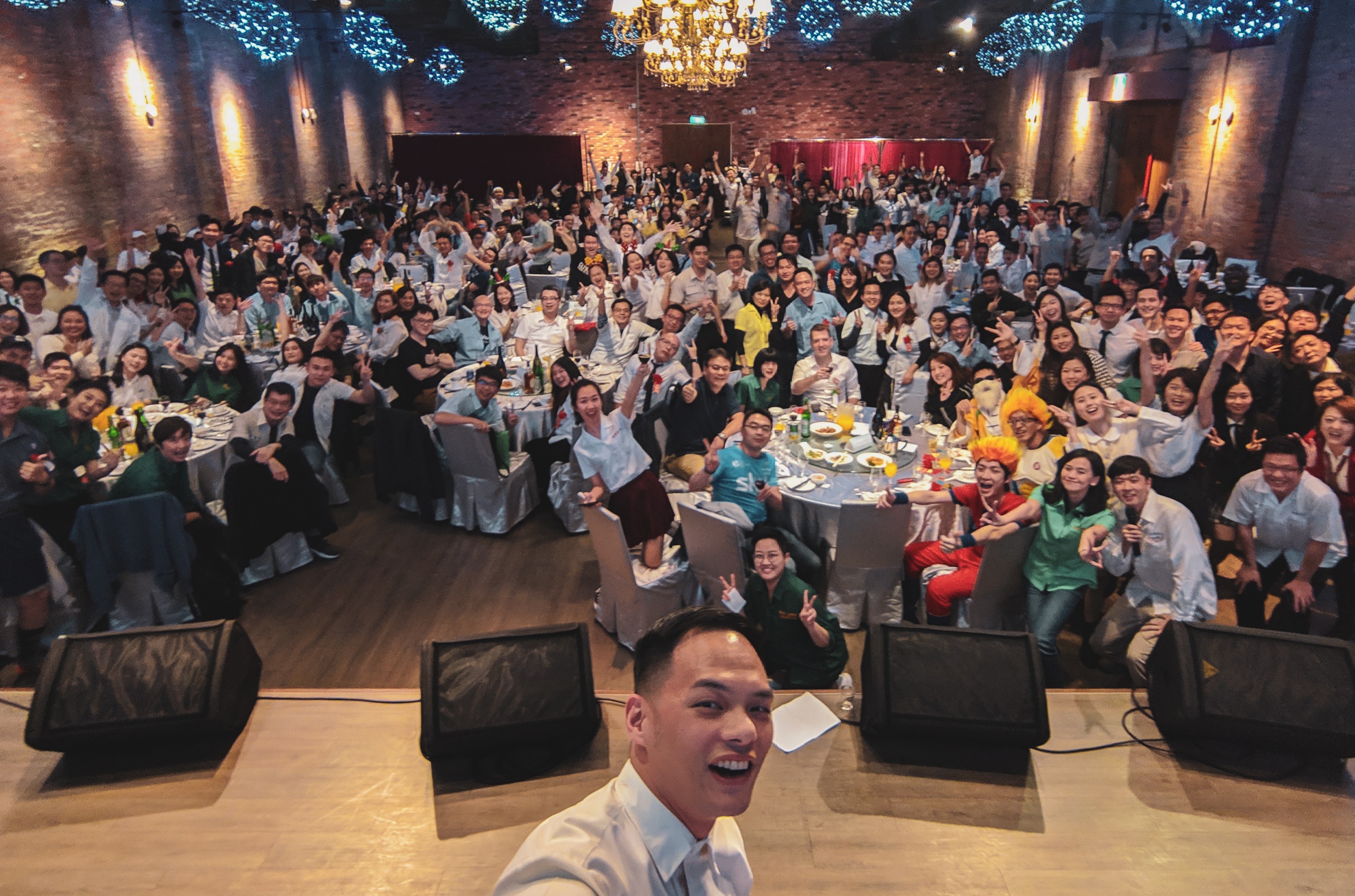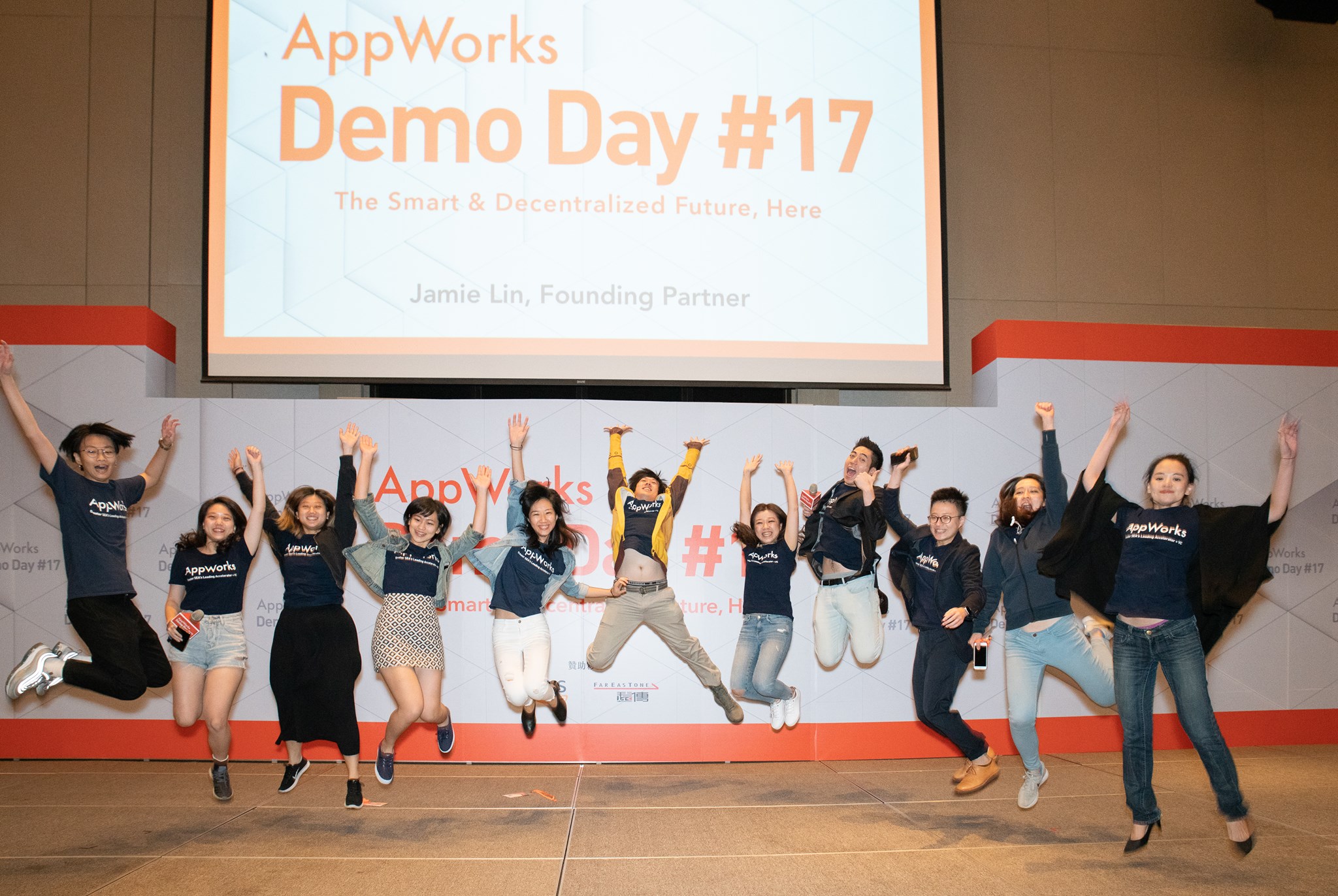
Enid Tian, Head of AppWorks School (田育欣 / 之初學校校長)
Team AppWorks 原生成員,2011 年起以實習身份加入,畢業後升格為投資分析師,而後轉任 AppWorks School 校長。台大財金系畢,輔 AIESEC & 國標系。
近來台灣的電商、數位服務產業快速崛起,AI 也持續引起各產業革新,各界都需要大量的軟體工程師投入;同時,鑑於台灣軟體人才的素質極佳,相較於其他亞洲區域,有更先進的軟體開發經驗,吸引了不少大型外商,如 Google、Amazon、Microsoft、IBM、Oath 等,或是跨國網路新創,如東南亞最大行動拍賣平台 Carousell、東南亞最大網購現金回饋平台 ShopBack、香港 FinTech新創 EMQ 等,都紛紛來台灣設立研發中心,大舉招募軟體工程師。
隨著產業轉變,近年來,台灣軟體人才持續供不應求。根據 104 人力銀行的調查統計,2018 年 9 月,軟體設計工程師類職群已經超過 21,000 個職缺,較 2017 年同期增加 2,400 個,成長幅度超過一成,然而求職人數卻未見增加,僅小幅成長約 200 人,顯示台灣軟體人才供給仍遠不足市場需求,而且在過去一年來,缺口持續擴大中。

過去一年來,軟體人才供需缺口擴大。(資料來源:104 人力銀行 – 軟體程式設計師職缺供需)
針對台灣軟體人才不足的長期結構性問題,AppWorks 於 2016 年中出資成立 AppWorks School,透過免費、實作導向的密集訓練,幫助非科班出身的年輕人轉職成軟體工程師。AppWorks Schook 創辦剛滿三年,共累計 106 位校友結業,其中有 91 位選擇投入軟體工作,成為數位與軟體產業的開發生力軍,如 91APP、KKBOX、Gogoro、PicCollage、Line TV (原 CHOCO Media) 、WeMo Scooter、巴哈姆特等知名網路公司,都有 AppWorks School 校友的身影,轉職成功率超過 85%。
在這三年的經營經驗中, AppWorks School 持續在第一線觀察整體產業的人才需求與市場變化,藉此機會與各界分享經驗與培訓成果,期待拋磚引玉,吸引各界更重視培育優質軟體人才的重要性:
需求持續增加,Junior 工程師起薪漲 27%
在各界爭相競逐之下,軟體工程師無疑是當今最炙手可熱的人才,此強勁徵才需求也反映在薪資水平上。以 2016 – 2018 各年 AppWorks School 校友結業後,第一時間 (結業 90 天以內) 擔任軟體工程師、並有回報起薪 (含固定年終獎金,不含其他業績分紅獎金) 的 65 位學員統計:

以起薪中位數來說,2016 年有回報薪資的 13 位校友,起薪中位數為新台幣 55.5 萬元,而 2018 年回報薪資的 44 位校友,起薪中位數則為新台幣 70.8 萬元,2016 至 2018 年漲幅高達 27%。
以平均數來說,若與 104 上新鮮人擔任軟體工程師的最高平均月薪 47,246 (公立碩士),並以年終 2 個月來計算,年薪約為 66.1 萬元,AppWorks School 校友則為 71.2 萬元,約高出 7.7%,顯示出 AppWorks School 以實作開發導向的培訓方式,更貼近產業的最新變動,使得學員的能力以及專案經驗,能反映在薪資水準上。

公立碩士的新鮮人起薪最高。(資料來源:104 人力銀行 – 軟體設計開發職缺薪資情報)
結訓平均 26 天就找到新工作,專案經驗是關鍵
除了起薪較為優渥以外,多快找到工作?則是另一個衡量指標。從 AppWorks School 結訓第一時間選擇就業的學員,平均只需花 26 天,即可找到適合自己的理想軟體工程師工作,甚至有學員透過徵才企業夥伴,結訓當天就找到工作,相較於平均得投 108 份履歷、待業至少 6 個月的新鮮人 (yes123 調查),節省了 86% 的找工作時間。

多數學員可在一個月內找到工作。(資料來源:AppWorks School 1-7 屆學員求職天數分佈)
若探究 AppWorks School 學員受到青睞的原因,實作能力、專案經驗是關鍵。與 AppWorks School 合作的徵才企業多表示,由於每位學員均會在學程內完成個人作品,以證明個人的實作能力,並對於實務開發的困難有一定程度了解,相較於以自學程式卻缺乏專案作品的求職者,更具有說服力,而用人主管能從作品中深入了解學員的思考脈絡,也有助於篩選到合適的人選。
以 AppWorks School 第一屆 Front-end Class 的學員 YPO 為例,過去主修物理,第一份工作卻走向印刷,在加入 AppWorks School 前完全沒有程式基礎,結業前夕卻僅花五週時間,就完成一個線上電子鼓編輯器 Beating Line,使用者只要動動手指,就可以創作出想要的樂章。這個作品精緻的介面設計、流暢的使用者體驗,而功能完整性也相當高,讓 YPO 第一時間就獲得不少面試邀約與工作機會,最終選擇加入 Gogoro,成為前端工程師。

AppWorks School 學員作品:Beating Line
AI 領域熱門,籌設 Data Class 幫助新手建立實務經驗
自 2016 年 AlphaGo 打敗李世乭,AI 領域再度興起研究熱潮。各產業開始萌發與 AI 相關的落地應用,市場上相關職缺數量也快速增加,因此吸引不少人投入學習,也使得開發 AI 應用所需的程式語言 Python,成了 2018 年最熱門的程式語言,越來越多年輕人,希望透過學習 Python,一舉成為 21 世紀最性感的 Data Scientist。
然而,AppWorks School 在走訪許多徵才企業後發現,台灣市場上對於 Data Scientist 的期待,除了數據思維、程式能力以外,還需要結合特定產業知識 (Domain Know-how),例如醫療、金融、科技製造等,才能找出 AI 適用情境並解決問題。因此,雖然市場上有不少對 AI 應用領域有興趣的新鮮人,具備統計或軟體工程的學術基礎,卻因為缺乏產業知識與專案經驗,不得其門而入,學用之間仍有落差。
為此,AppWorks School 正規劃投入更多資源,將設計專案導向的實作訓練,以銜接供需兩端間的落差,目前已經在招募相關導師,並預計在今年下半年開始招生。
目前 AppWorks School 2019 夏季學期正在招生中,已經享有業界口碑的 iOS、Android、Web Class 熱烈招生中,而未來我們期待透過更多的班次與資源,幫助更多台灣的人才,進入網路軟體的舞台大顯身手,迎接更有前景的職涯。
【想要成為軟體工程師?歡迎免費加入 AppWorks School】
Photo by Fatos Bytyqi on Unsplash









